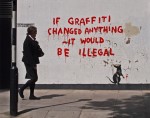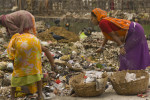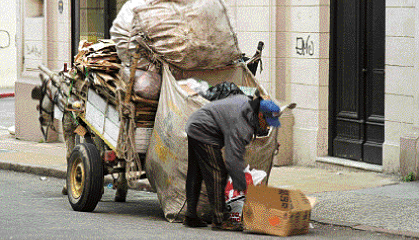Seeing is believing: The politics of the visual

We know images can be deceptive, but we live and work in constant denial of this knowledge. In a media saturated world, we act as if we are immune to their effects.
More

We know images can be deceptive, but we live and work in constant denial of this knowledge. In a media saturated world, we act as if we are immune to their effects.
More
An evidence-led debate on on the emotive subject of hydraulic fracturing (‘fracking’) for shale gas . This is the second sitting of the Rational Parliament.
More
It’s official. The English are a nation of couch potatoes. 80% don’t even hit modest government targets for exercise according to a major study of 1 million people..
More
Children develop language and literacy skills in all sorts of settings. Often overlooked is the learning that goes on in church, mosque and temple.
More
Globalisation has winners and losers. In the slums of Kolkata live communities at the wrong end of globalisation.
More
Neuroscience is offering interesting new approaches to help drug addicts come off, and stay off, drugs. But is it all too much like Clockwork Orange?
More
Clasificadores trundle round Montevideo on horse drawn carts, collecting and sorting rubbish. Now the authorities want to clean up their act.
More
Will the UN’s new offensive approach in the DRC risk escalating a national conflict into a regional conflagration? And could the UN even be seen as an occupying force?
More
The Pitt Rivers Museum in Oxford has hours of music from thousands of cultures all over the world. Ethnomusicologist Noel Lobley explains how the music, some recorded on silver foil 100 years ago, is being curated.
MoreThe UN is changing tack in the Democratic Republic of Congo. After years of standing by as ‘peacekeepers’, they are now deploying an aggressive intervention Brigade.
More
Subscribe with…